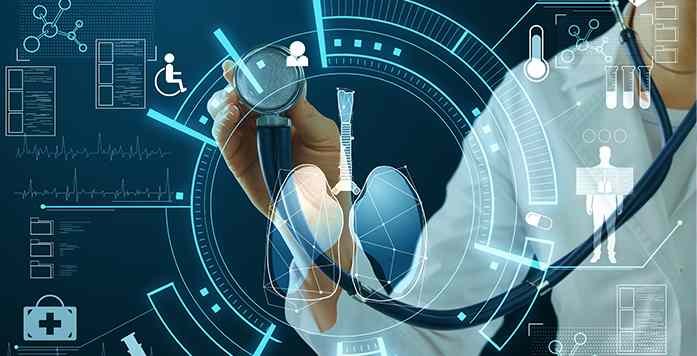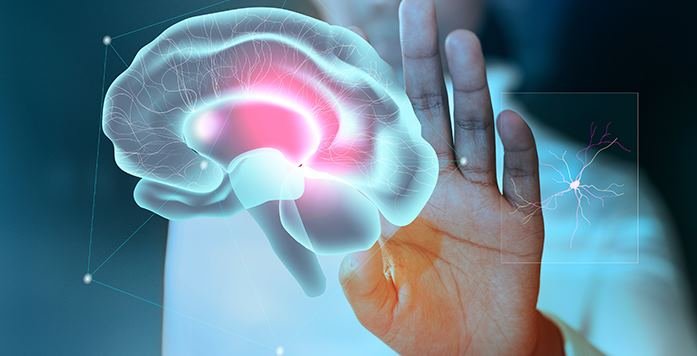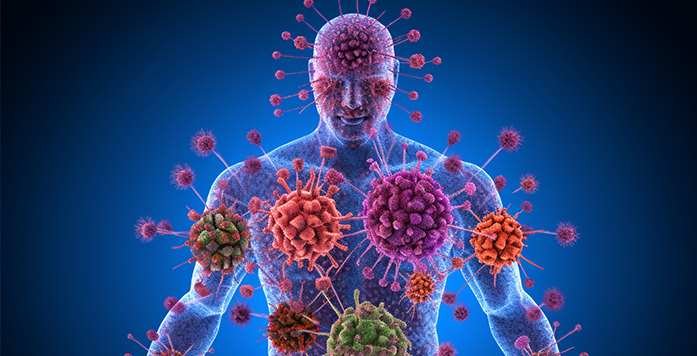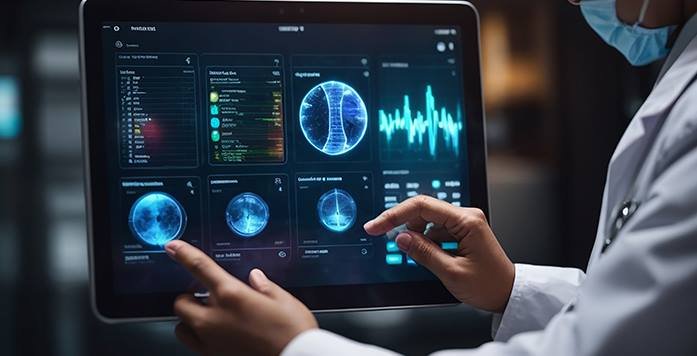Acute Pain Management
Acute pain management involves the examination, treatment, and monitoring of pain that occurs suddenly and lasts just a short period. Acute pain alerts the body to possible tissue damage or injury and acts as a protective mechanism. Acute pain must be well managed if patients are to be comfortable, healthy, and recover. Multidisciplinary teams working together to create customized treatment regimens that take into account each patient's particular needs and preferences are necessary for effective acute pain management. Healthcare practitioners may lessen suffering, promote healing, and enhance patient outcomes by rapidly treating acute pain and providing complete treatment.
- Psychological Interventions
- Regional Anesthesia
- Physical Therapy
- Pharmacological Management
- Geriatric Acute Pain
- Trauma Pain Management
- Sickle Cell Pain Crisis Management
- Pain Management Protocols
- Quality Improvement and Patient Safety
- Nonsteroidal Anti-Inflammatory Drugs
- Opioid Analgesics
- Adjuvant Analgesics
- Lidocaine Patches
- Pediatric Pain Management
- Geriatric Analgesics
- Lidocaine Patches































